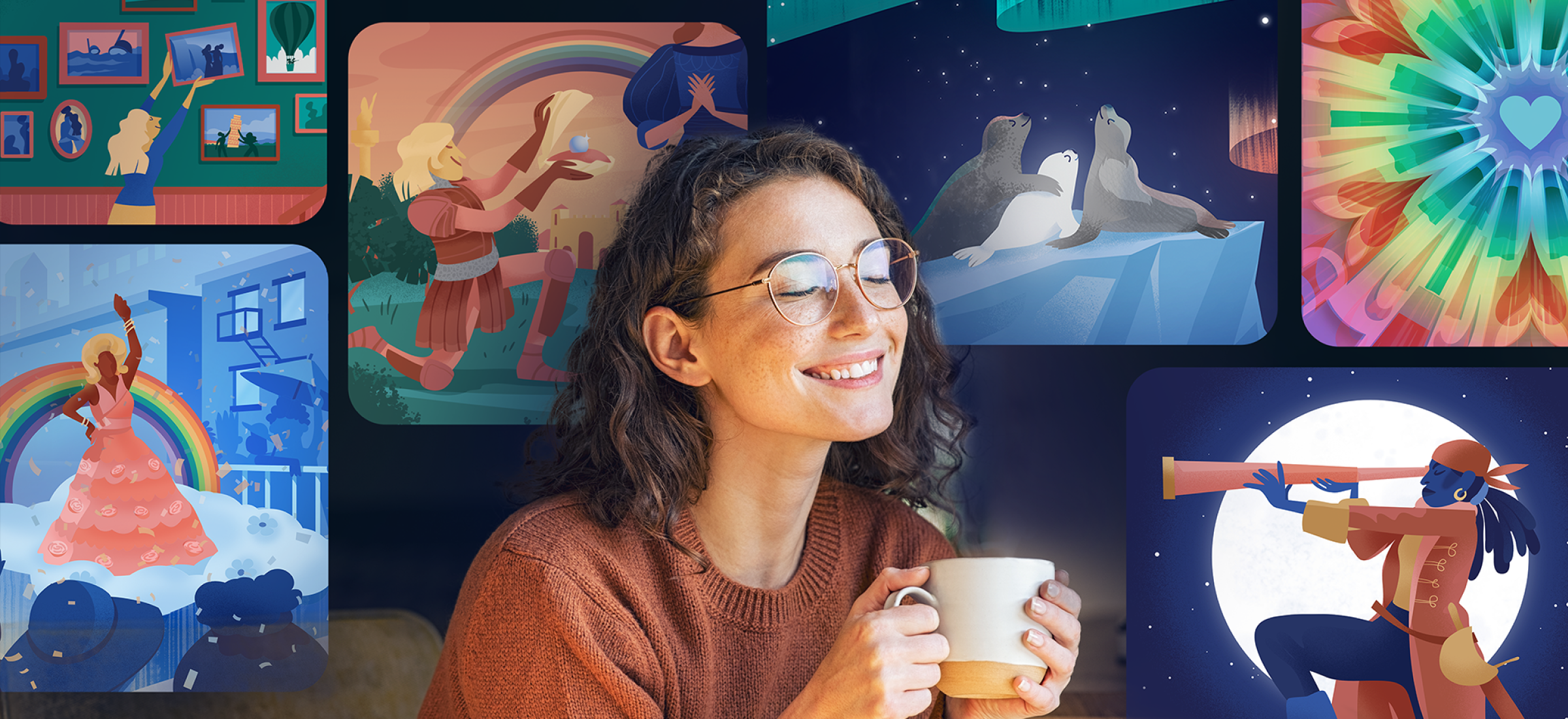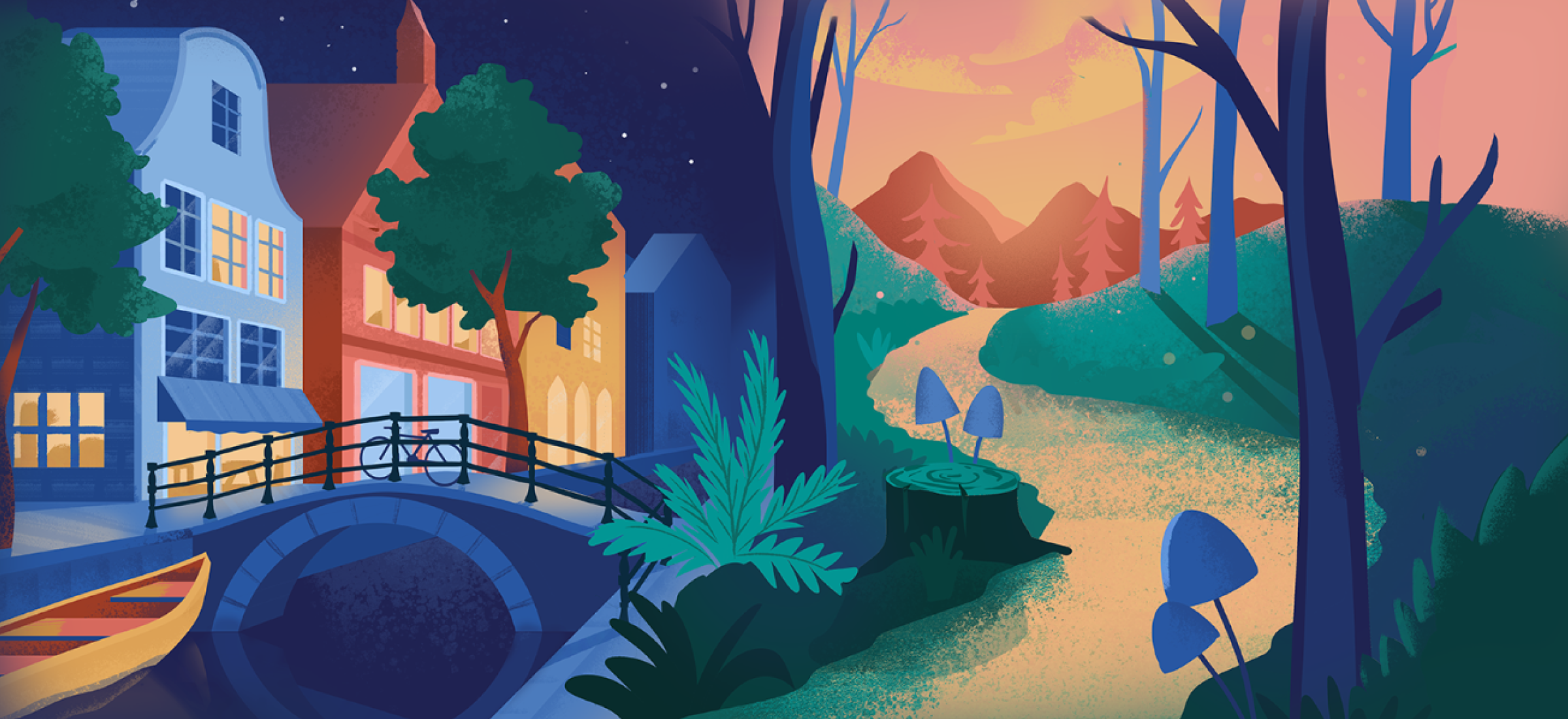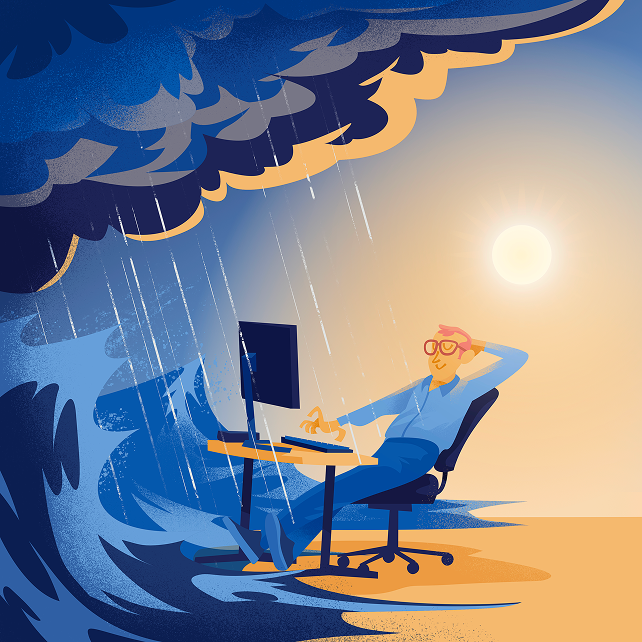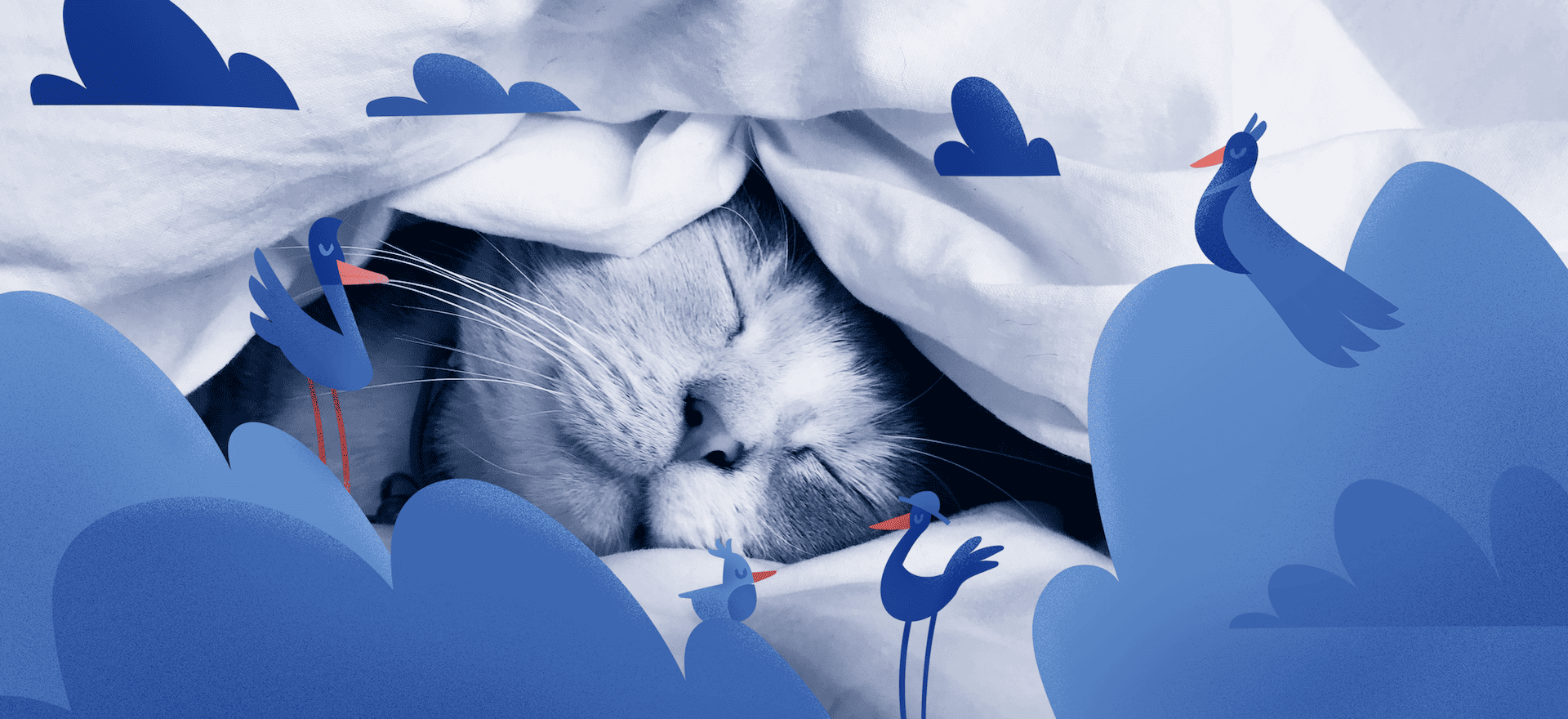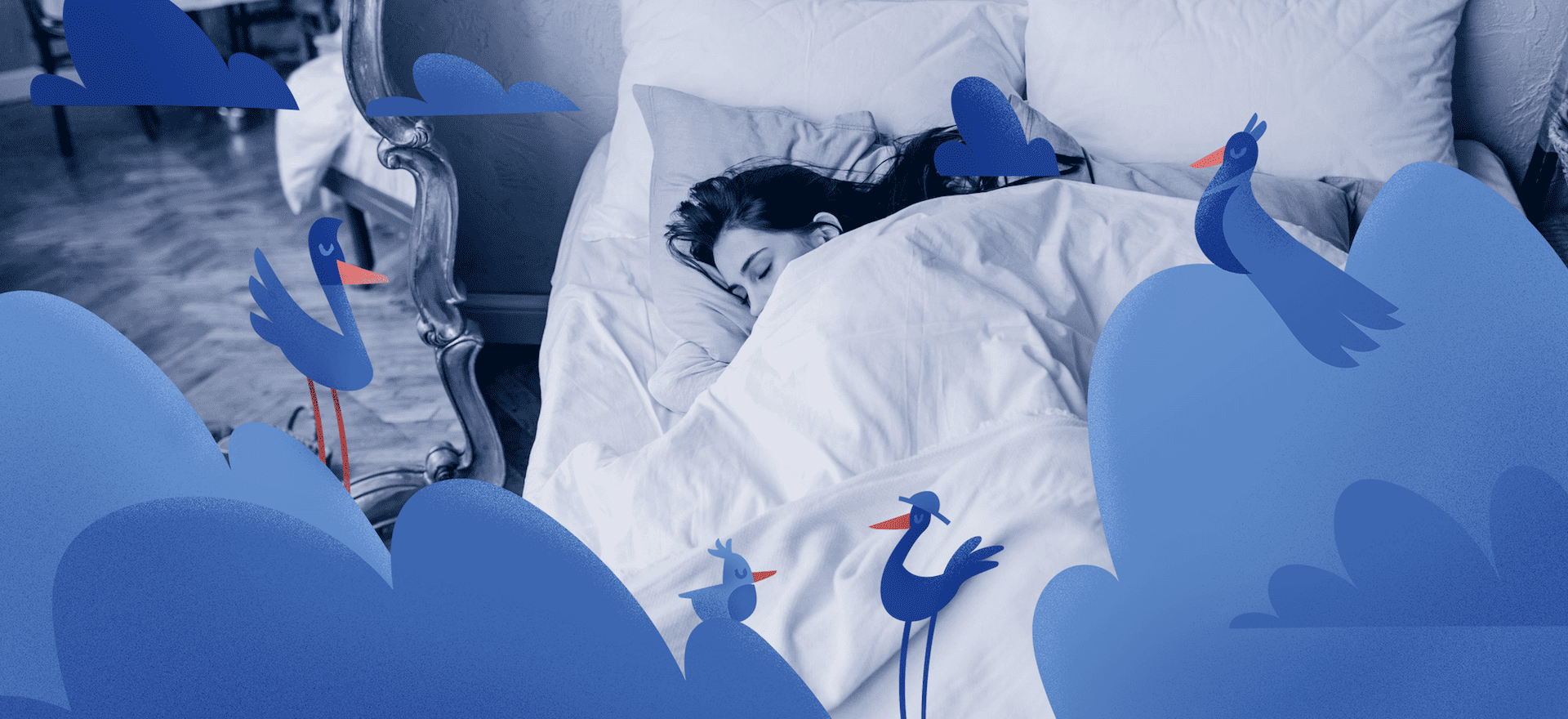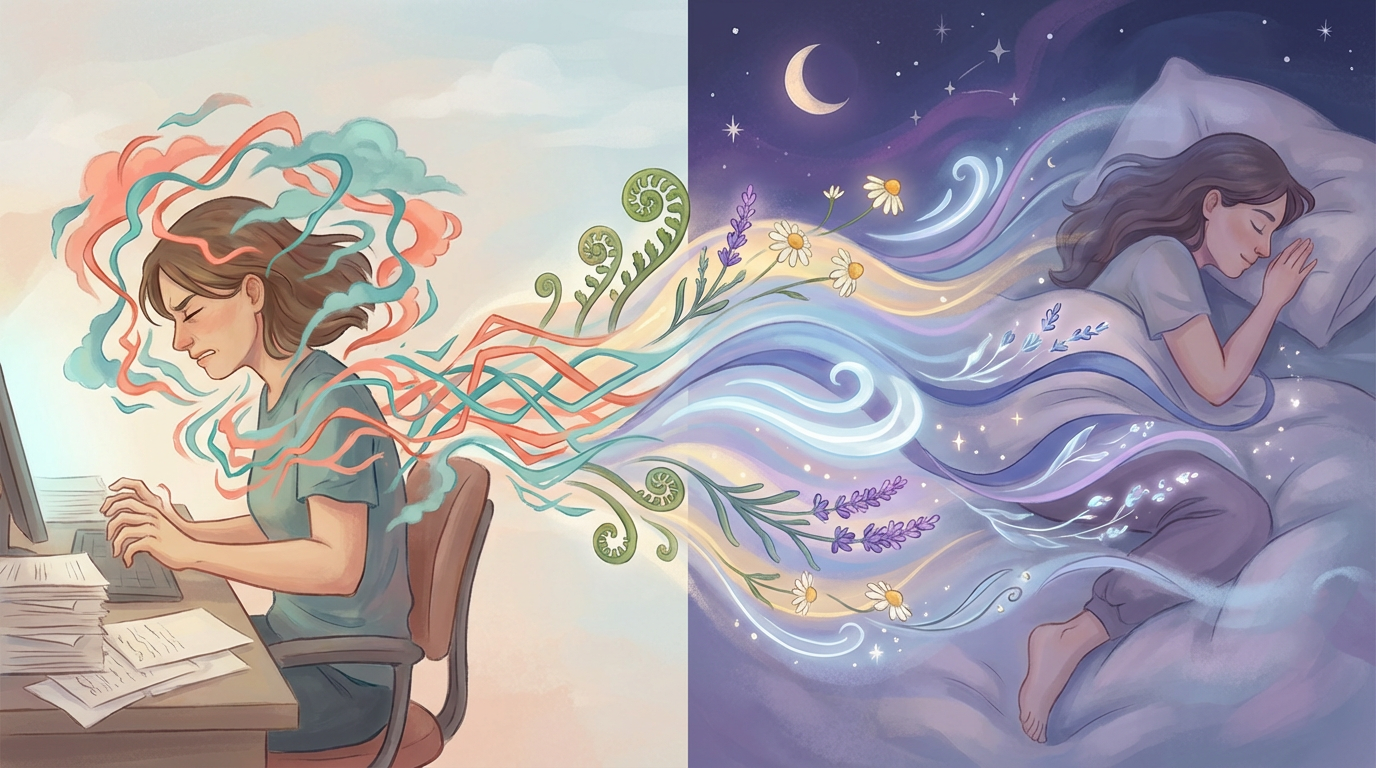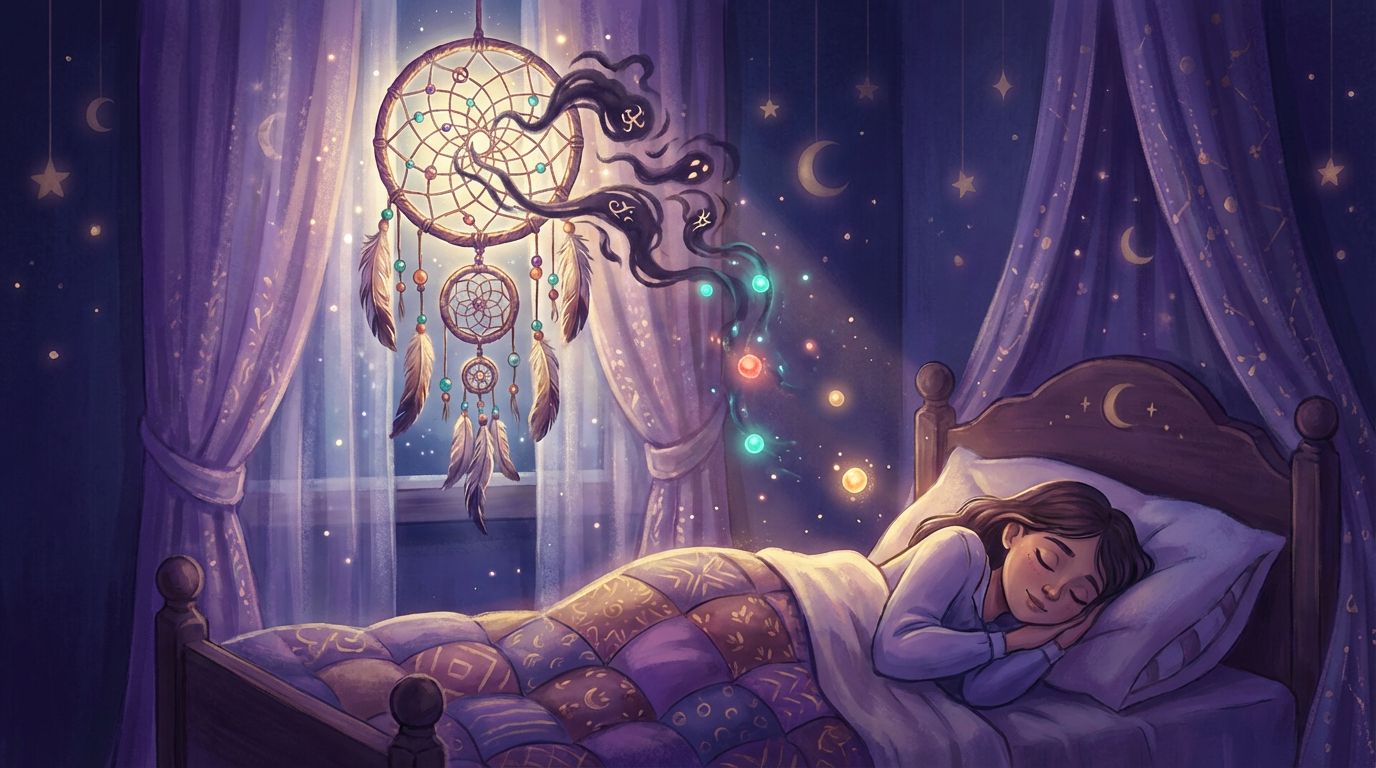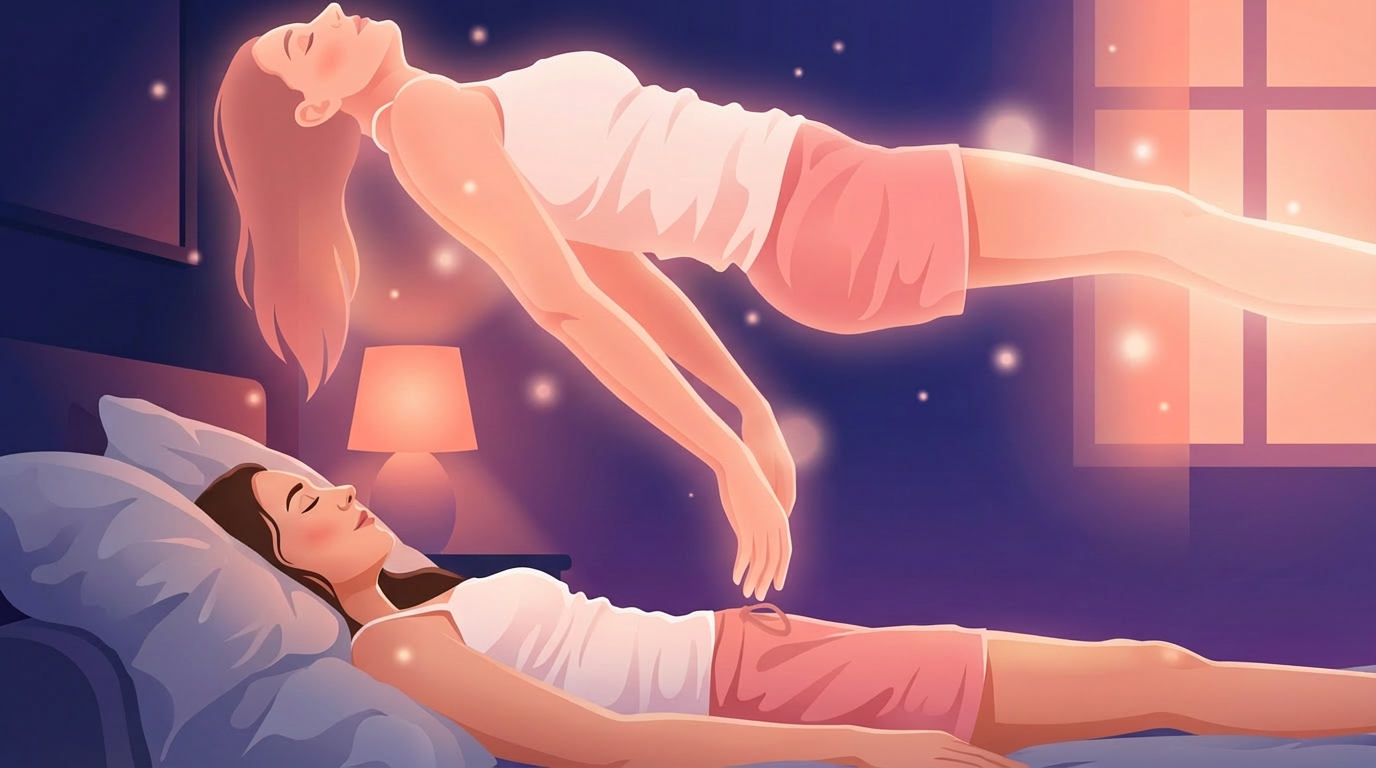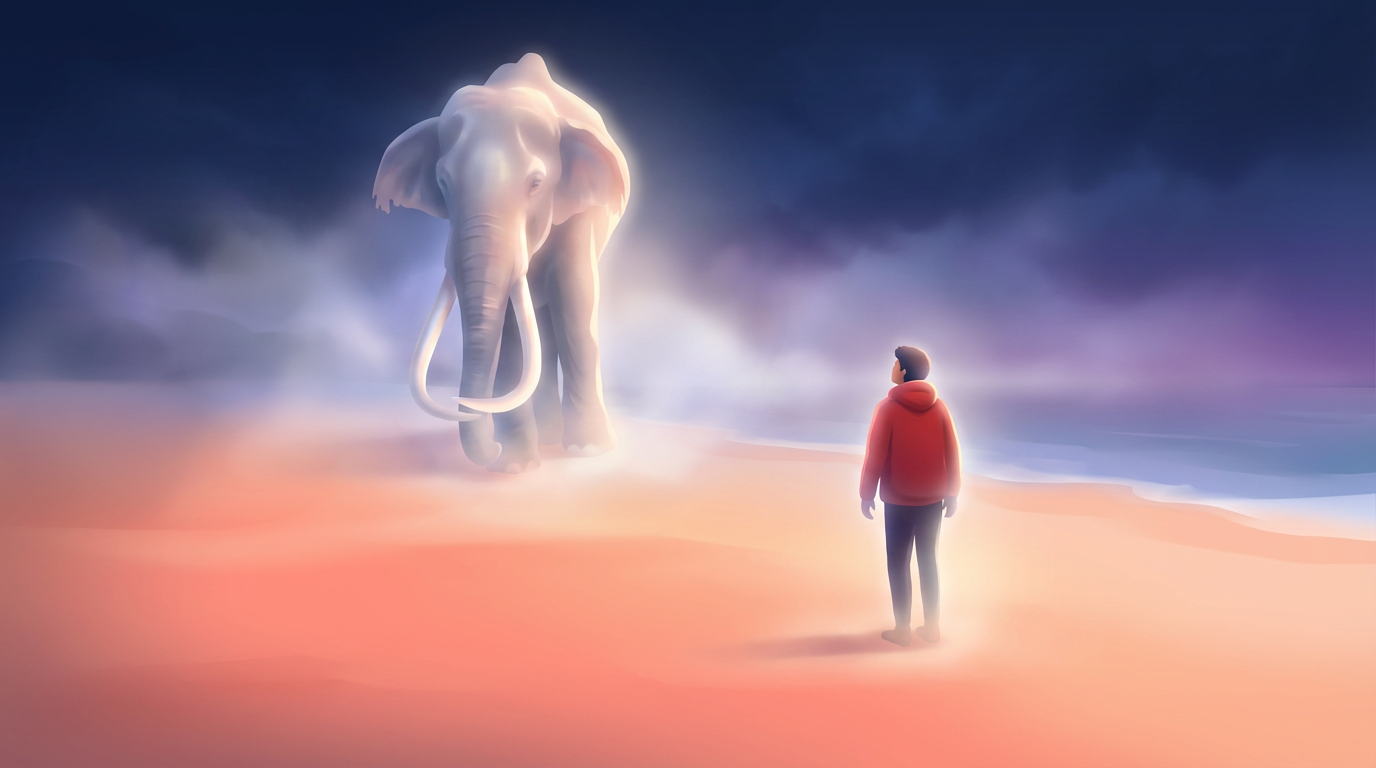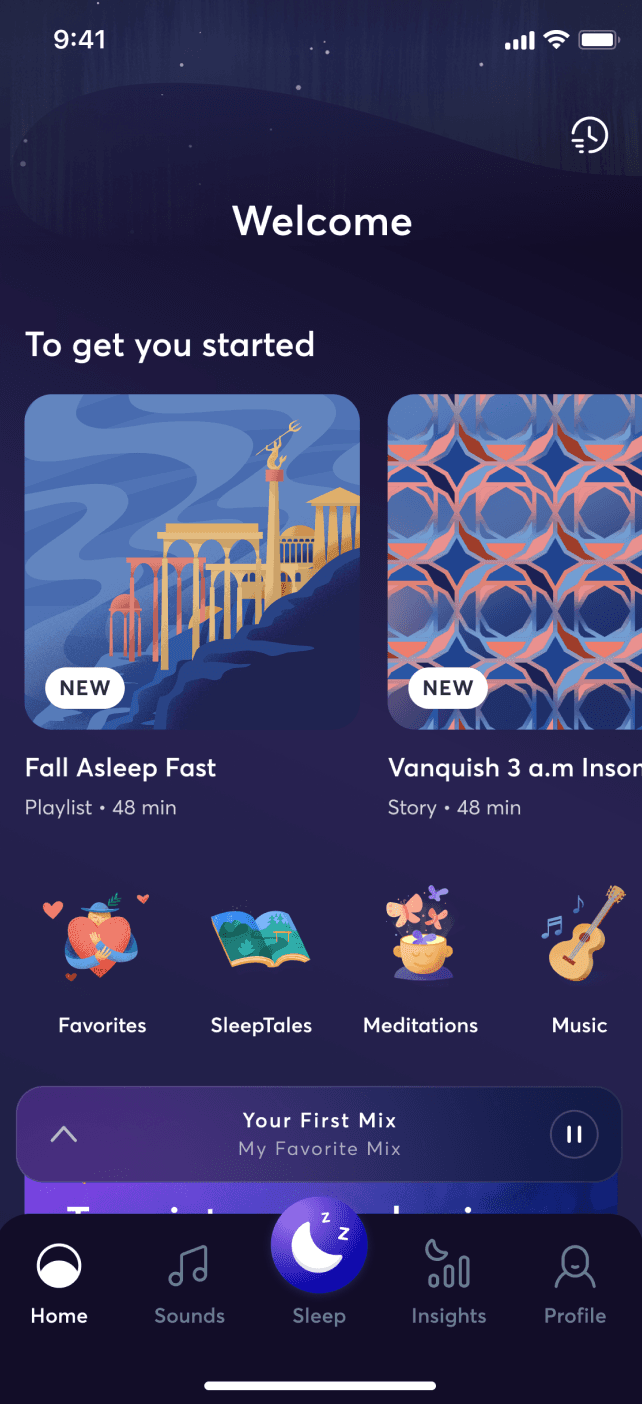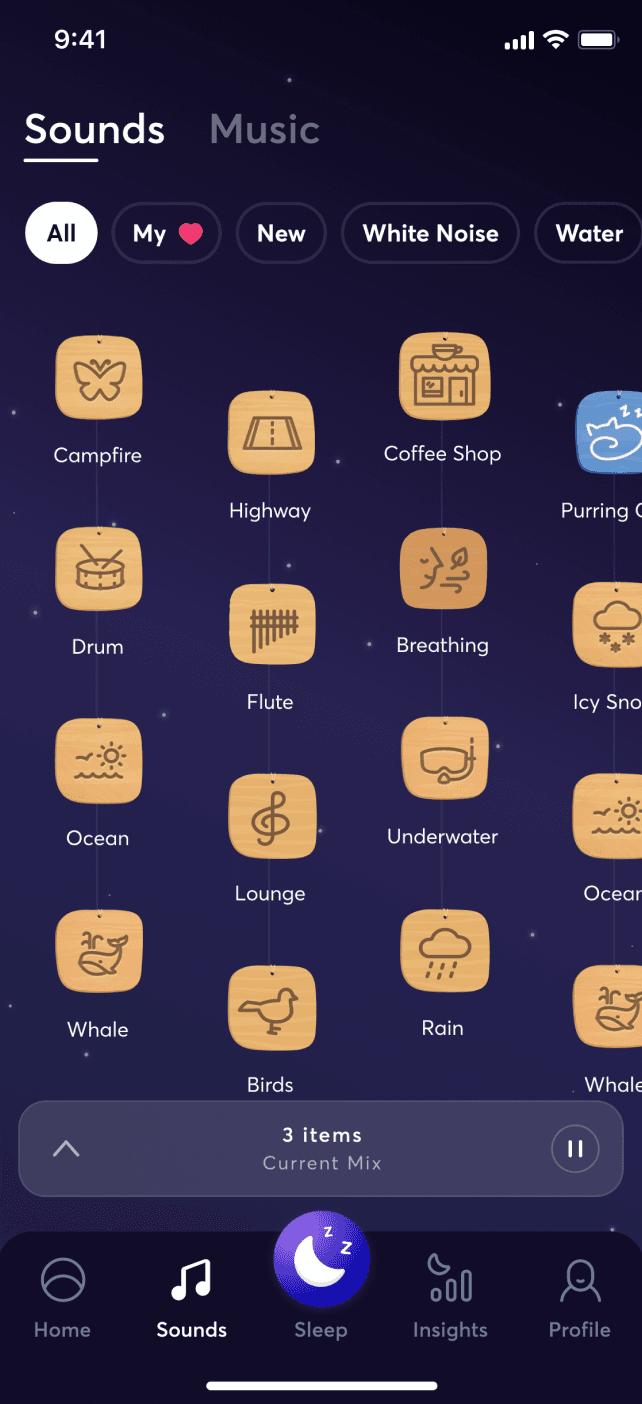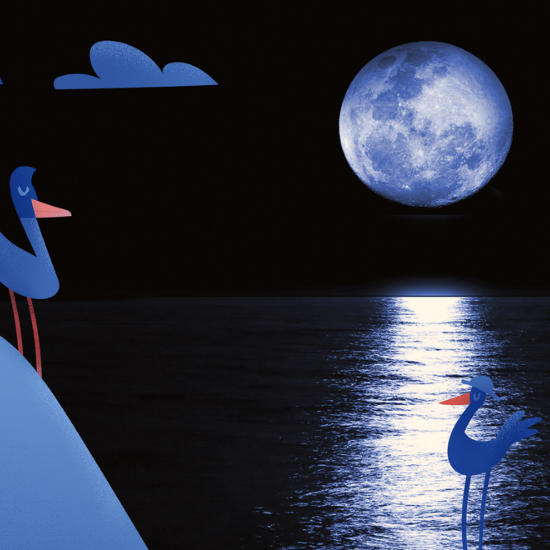
Don’t Blame it on the Moon
People have long believed that the lunar cycle, and especially the full moon, affects humans in several ways. This idea of the moon affecting mood, sanity, and behaviors is largely old-fashioned. There is no such thing as a werewolf after all. But, there might be some truth to the stories that have persisted for millennia.
How the Moon Affects All Life on Earth
There is no doubt that the moon has some impact on life on earth. For instance, the moon is responsible for tides. It provides varying amounts of light at night, depending on the phase. Many animals also use the lunar cycle as a type of clock, just as we use the sun.
An example of this is seen in migrating birds. Petrels in the Indian Ocean time their migrations using several factors, including the moon. They always arrive at their breeding grounds on a full moon.
Full Moon Effects on Mood and Behavior
Some of the biological effects of the moon are clear, but when it comes to mental health, mood, and human behavior, the evidence is murkier. Many people still claim that there are more accidents, more violence, more fights, and other events during a full moon.


Studies indicate that 81% of mental health professionals believe that the full moon can make people act differently. But is it true? Can you really blame it on the moon? The same study found that, although healthcare workers hold this belief, the numbers don’t work out. Psychiatric admissions are evenly distributed through all phases of the moon.
A small study of bipolar patients did find a connection between the lunar cycle and mood. The researchers found that the nerves associated with circadian rhythm and sleep synched with the lunar cycle in these patients. This changed their sleep and triggered shifts from depression to mania.
Does Moon Phase Affect Sleep?
The fact that the phase of the moon impacts sleep in patients with bipolar disorder could be a source of the myth of the full moon and mood. It’s not just people with mental illness, though. A study of over 300 people sent to sleep centers for analysis and treatment found that they experienced less deep sleep and REM sleep during a full moon.
Another study analyzed the sleep patterns of indigenous people in Argentina and college students in Seattle. The researchers found that leading up to the full moon, people sleep less. The effect was more pronounced in the Argentinian community without electricity. This indicates that the light of the full moon is responsible for changes in sleep.
While there is limited evidence of the moon affecting moods directly, if it interferes with your sleep, it could change your mood and behaviors.
According to research, it’s unlikely you can blame any unusual behaviors or moods on a full moon. It does make sense, though, to be aware of how it could impact your sleep. If you find you’re a little sleepier or irritable around the full moon, use strategies like meditation and exercise to improve your sleep.


